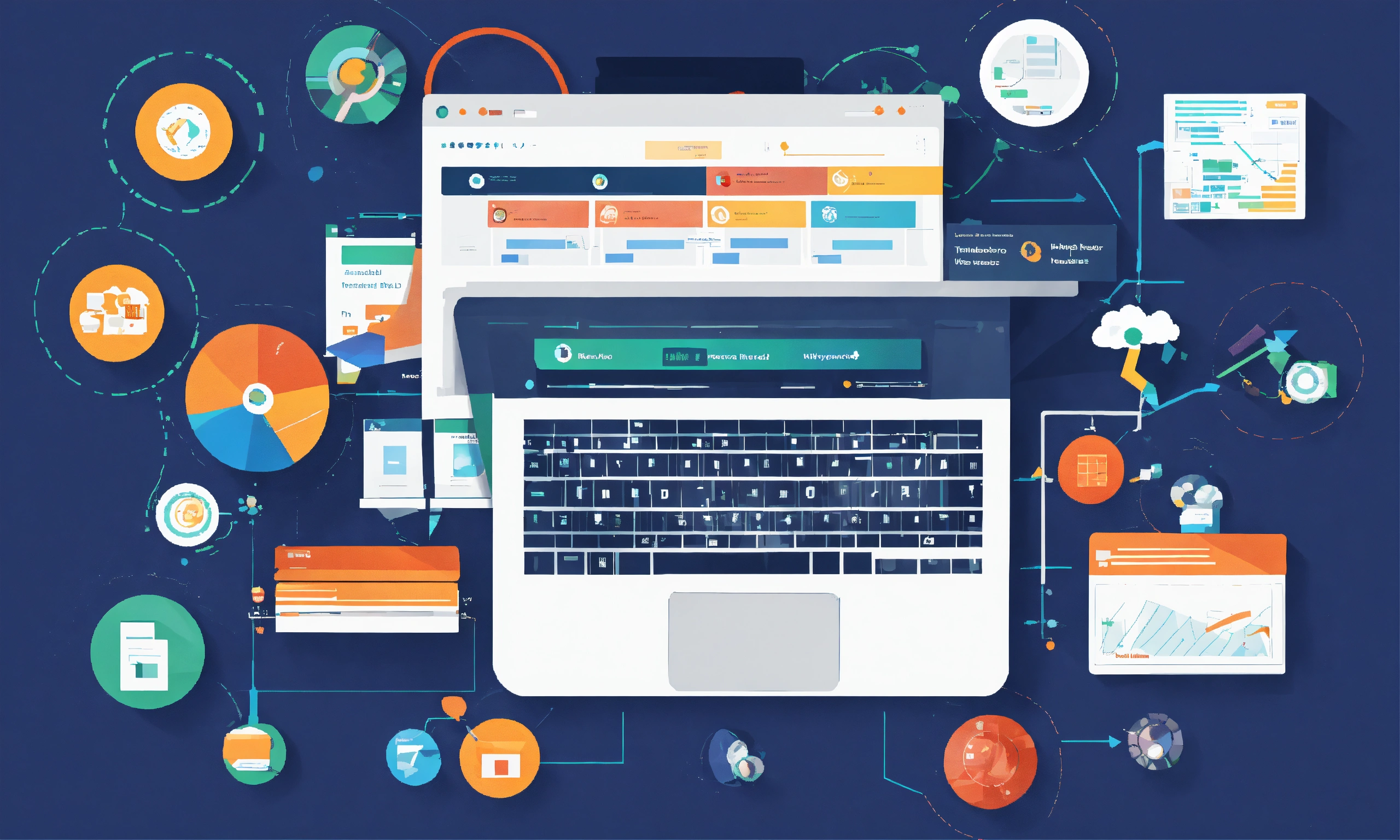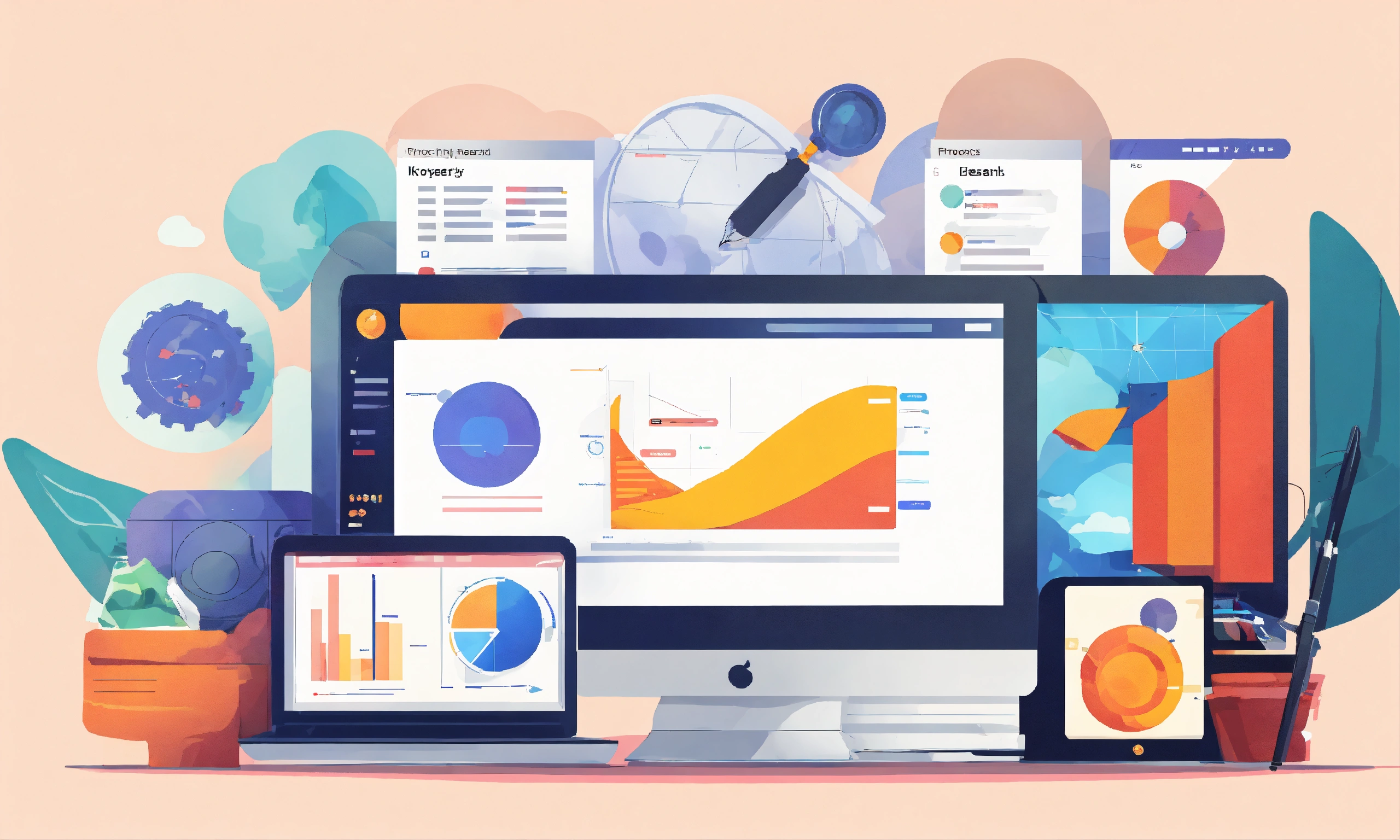In the modern business landscape, organizations rely on software solutions to streamline their operations and improve efficiency. Two of the most commonly used systems are CRM and ERP. While they share some similarities, they serve different purposes and cater to different aspects of a business. This article will explore the differences between CRM and ERP, their benefits, and how they complement each other in business operations.
What is CRM?
Customer Relationship Management (CRM) is a software system designed to manage interactions with customers, track sales, and improve customer satisfaction. The primary goal of a CRM system is to enhance relationships with customers by organizing and automating key sales, marketing, and customer service activities.
Key Features of CRM
- Contact Management – Stores and organizes customer details.
- Sales Automation – Tracks leads, opportunities, and conversions.
- Marketing Automation – Automates campaigns and email marketing.
- Customer Support – Provides tools for managing customer inquiries and support tickets.
- Analytics and Reporting – Generates insights into customer behavior and sales performance.
Benefits of CRM
- Enhances customer relationships and retention.
- Streamlines sales and marketing processes.
- Provides valuable insights through data analytics.
- Improves customer support and service.
- Increases efficiency by automating repetitive tasks.
What is ERP?
Enterprise Resource Planning (ERP) is a business management software that integrates core business processes such as finance, supply chain, manufacturing, and human resources. The goal of an ERP system is to improve operational efficiency by consolidating business functions into a single system.
Key Features of ERP
- Financial Management – Tracks revenue, expenses, and financial transactions.
- Inventory Management – Manages stock levels and supply chain logistics.
- Human Resources – Handles employee records, payroll, and benefits.
- Production Planning – Manages manufacturing schedules and operations.
- Procurement Management – Streamlines purchasing and vendor management.
Benefits of ERP
- Enhances efficiency by integrating business processes.
- Improves financial reporting and compliance.
- Reduces operational costs through automation.
- Enhances supply chain and inventory management.
- Provides real-time data for better decision-making.
Differences Between CRM and ERP
While CRM and ERP both enhance business operations, they differ in their focus and functionality.
| Feature | CRM | ERP |
|---|---|---|
| Focus | Customer interactions and sales | Business process automation |
| Main Users | Sales, marketing, customer service teams | Finance, HR, supply chain, manufacturing teams |
| Key Function | Enhancing customer relationships | Managing business operations |
| Benefits | Improves sales, marketing, and customer support | Increases efficiency in core business functions |
How CRM and ERP Work Together
Many businesses integrate CRM and ERP systems to create a seamless workflow. While CRM focuses on improving customer interactions, ERP ensures that business operations run smoothly. Integrating both systems allows businesses to:
- Synchronize sales and financial data.
- Improve customer service by providing better inventory visibility.
- Automate business processes across departments.
- Enhance data accuracy by eliminating manual data entry.
Choosing the Right Solution for Your Business
Selecting between CRM and ERP depends on your business needs:
- If your priority is customer management and sales growth, invest in a CRM.
- If your focus is streamlining operations and reducing costs, an ERP may be more suitable.
- If you need both functionalities, consider integrating CRM and ERP for maximum efficiency.
Conclusion
Understanding the differences between CRM and ERP is essential for businesses looking to optimize their operations. While a CRM system enhances customer relationships and sales, an ERP system streamlines internal business processes. By integrating both, businesses can achieve a comprehensive solution that drives efficiency, improves customer experience, and increases profitability.


